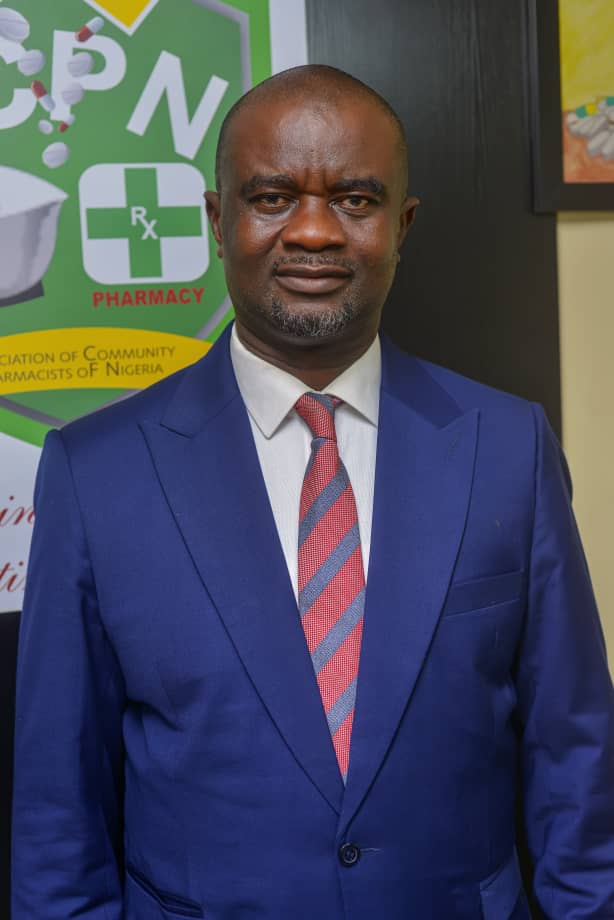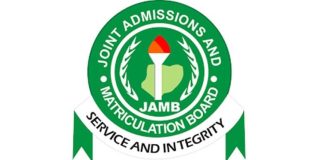🌿 Ruzu Non-Alcoholic Herbal Bitters
Ruzu Non-Alcoholic Herbal Bitters is a natural health supplement specially formulated to:
- ✅ Promote general wellness
- ✅ Detoxify the body
- ✅ Support the treatment of various ailments
Made from a powerful blend of 100% organic and medicinal herbs, Ruzu is completely alcohol-free, making it ideal for:
- 👪 All age groups
- 🌱 Health-conscious individuals
- 🌿 Anyone seeking non-alcoholic herbal remedies
Whether you're looking to boost your vitality, cleanse your system, or support healing the natural way, Ruzu Bitters offers a trusted herbal solution.
With audacious billion-dollar investments in domestic manufacturing, Nigeria’s pharmaceutical industry is defying expectations, and the Association of Community Pharmacists of Nigeria (ACPN) has stated that it will not tolerate any attempt to weaken its professional standards through foolish regulatory mergers.
Speaking in advance of the 44th Annual National Conference of the ACPN, which will take place in Awka, Anambra State, from July 22–27, the National Secretary, Omokhafe Ashore, FPSN, and National Chairman, Pharm. Ambrose Ezeh, MAW, DCPharm, praised Nigerian pharmaceutical manufacturers for expanding their local production capacity in spite of persistent challenges such as regulatory bottlenecks and counterfeit drugs.
“Our pharmaceutical industry is on a growth trajectory despite challenges, thanks to visionary investors building modern factories and Active Pharmaceutical Ingredient (API) plants,” Ezeh stated during a pre-conference briefing. “Businesses such as Fidson Healthcare, Emzor, Codix Healthcare, and Jawa Pharm are transforming the market, propelling it to a $10 billion size in five years and improving drug security for our citizens.”
He continued by saying that if the government consciously supports the pharmaceutical business, it can establish health security and create jobs. This is demonstrated by the local capacity expansion from anti-retroviral medications to medical consumables.
“We anticipate that the government would support these investments by providing simpler access to raw materials, equipment, and a supportive environment in order to comply with WHO Good Manufacturing Practice (GMP) requirements. We can boost GDP growth and reap the benefits of Africa’s Free Trade Area in this way,” Ezeh emphasized.
However, the chairman of the ACPN cautioned against implementing policies piecemeal and urged the Federal Ministry of Health (FMoH) to discuss key pharmacy practice stakeholders prior to enacting disruptive policies such as MEDIPOOL.
“A strong national drug strategy must be based on active stakeholder participation rather than top-down orders that disregard practical realities. He stated, “We insist that the National Drug Distribution Guidelines be fully enforced and that the Fake Drug Act be strengthened with harsher penalties.”
Regarding the National Health Facility Regulatory Authority (NHFRA) Bill that is presently being considered by the National Assembly, Ezeh stated unequivocally that the ACPN and the pharmacy profession as a whole oppose any proposal to combine the Pharmacy Council of Nigeria (PCN) with other oversight organizations.
The practice of pharmacy is governed as a separate profession on a worldwide scale. Every country has its own independent pharmacy council to protect standards, from Ghana to South Africa to Canada,” said Omokhafe Ashore, secretary of the ACPN.
Read Also: Conference of Speakers Urges National Assembly to Expedite Constitution Review Before 2027 Elections
He clarified that a cumbersome merger that would weaken standards and make it more difficult to combat counterfeit and subpar medications would undermine the PCN’s standing as a leading national regulator, its national structure, its WHO recognition, and its maturity.
Combining us with unrelated health regulators will only result in resource waste, a decline in professional standards, and bureaucratic uncertainty. Ashore stated that in order to safeguard Nigerians’ access to safe medications, the PCN must continue to be independent and dedicated.
Addressing media disputes with medical associations, the leadership of the ACPN charged that certain factions within the Nigerian Medical Association (NMA) were impeding reforms aimed at modernizing pharmacy practice, such as the recognition of pharmacists with a PharmD and hiring pharmacists as consultants.
“These physician groupings have continuously prevented pharmacists from advancing fairly, even though they spend millions for specialized training while doctors receive government-funded residencies. The government must immediately put an end to this injustice, Ezeh urged.
He asked President Bola Tinubu to address persistent tensions and guarantee equitable representation in leadership positions within Federal Health Institutions (FHIs) by personally interacting with non-physician health workers, who make up more than 80% of the health workforce.
The only choice left to the ACPN and affiliated unions under JOHESU is to fight using all legal means if the federal government continues to ignore these abuses. Resistance turns becomes a duty when injustice is made a law, he said.
















